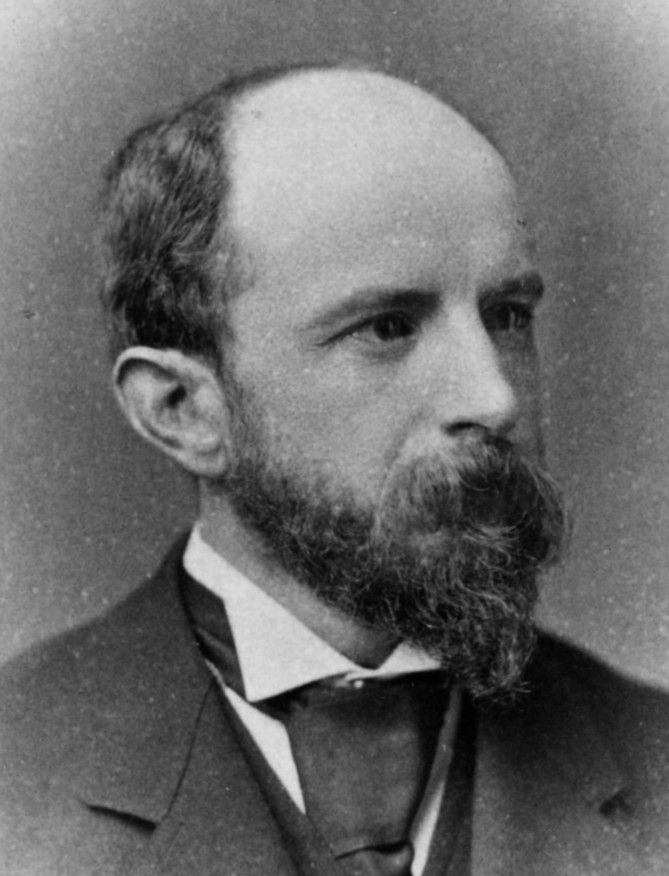Генри Брукс Адамс знаменитые цитаты
Генри Брукс Адамс цитаты
„Иметь в жизни одного друга — уже много, двоих — очень много, троих — вряд ли возможно.“
Один друг за всю жизнь — это много; два — это множество; три — едва ли возможно.
Генри Брукс Адамс: Цитаты на английском языке
Mesquin: paltry, unimaginative, prosaic
Mont Saint Michel and Chartres (1904)
The Education of Henry Adams (1907)
The Education of Henry Adams (1907)
The Education of Henry Adams (1907)
Источник: Democracy: An American Novel (1880), Ch. XI
The Education of Henry Adams (1907)
The Education of Henry Adams (1907)
The Education of Henry Adams (1907)
The Education of Henry Adams (1907)
Источник: Esther: A Novel (1884), Ch. X, the last lines of the novel
Mont Saint Michel and Chartres (1904)
“We combat obstacles in order to get repose, and, when got, the repose is insupportable.”
The Education of Henry Adams (1907)
Mont Saint Michel and Chartres (1904)
The Education of Henry Adams (1907)
The Education of Henry Adams (1907)
Esther Dudley's reaction to Niagara Falls, in Ch. IX
Esther: A Novel (1884)
Mont Saint Michel and Chartres (1904)
Источник: Esther: A Novel (1884), Ch. IX
The anonymous thirteenth-century poem "Tombeor de Notre Dame", of which Adams gives a fairly detailed summary, is translated in Of the Tumbler of Our Lady and Other Miracles, edited by Alice Kemp-Welsh (London: Chatto & Windus, 1909).
Mont Saint Michel and Chartres (1904)
The Education of Henry Adams (1907)
